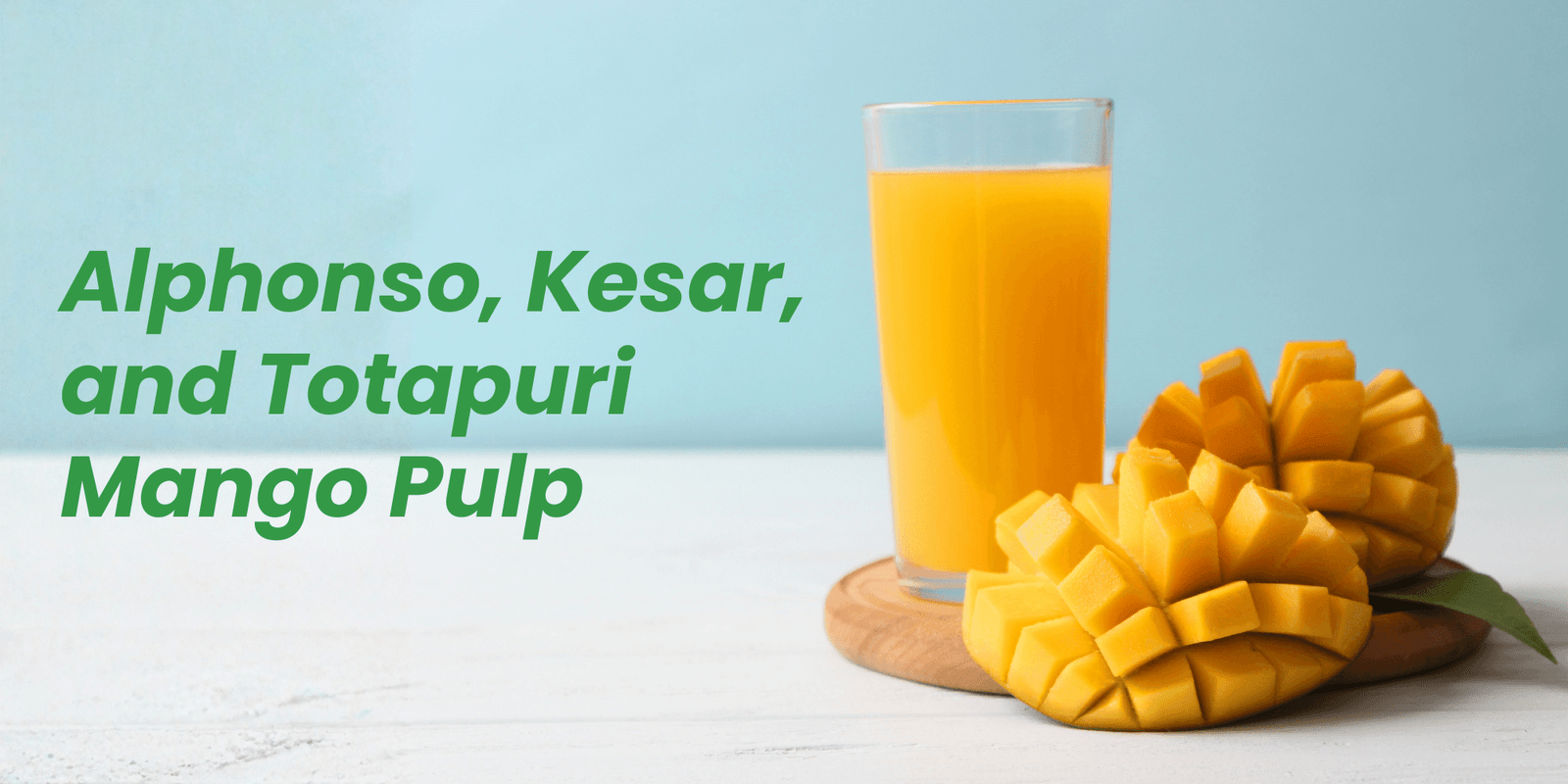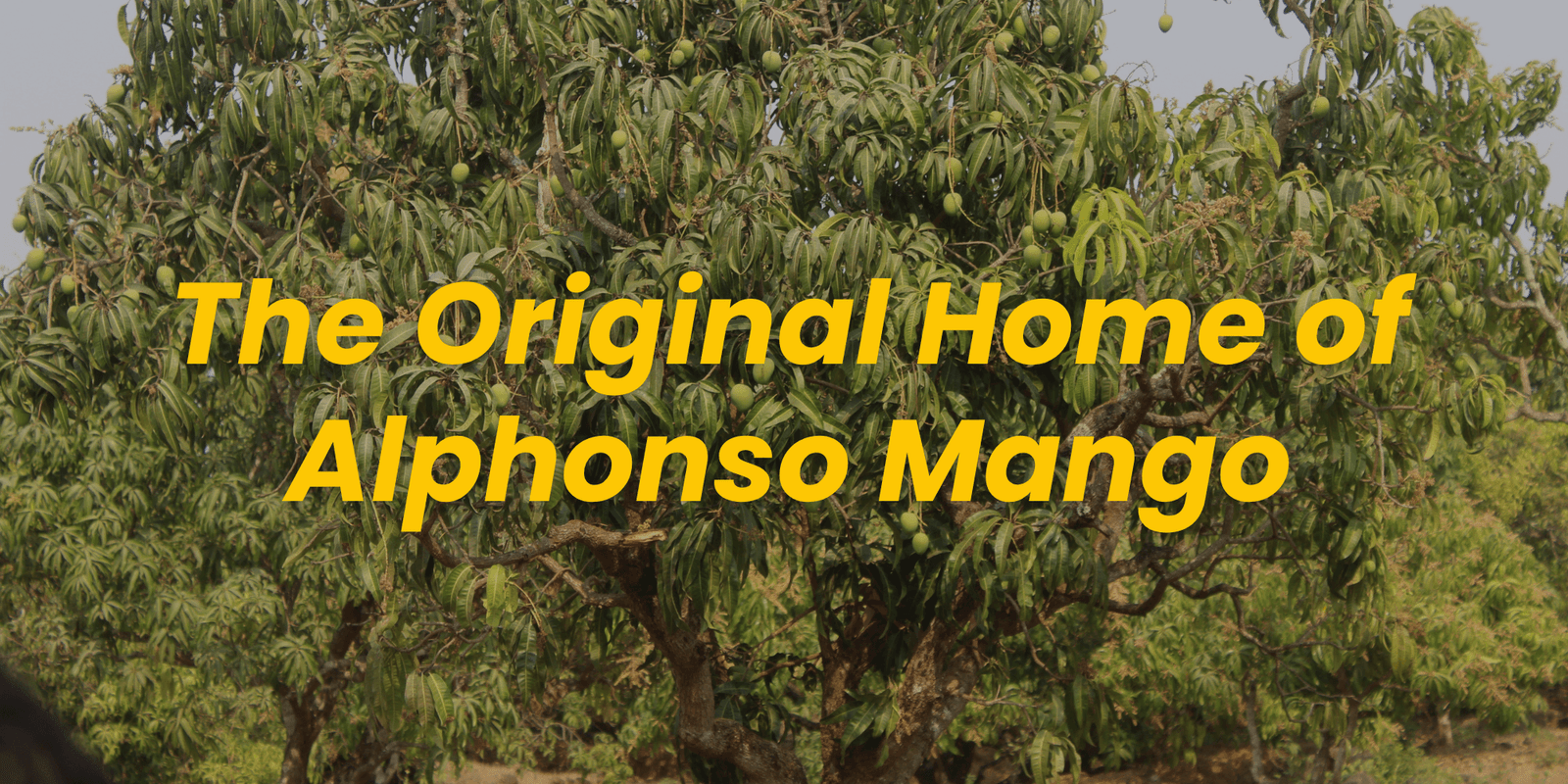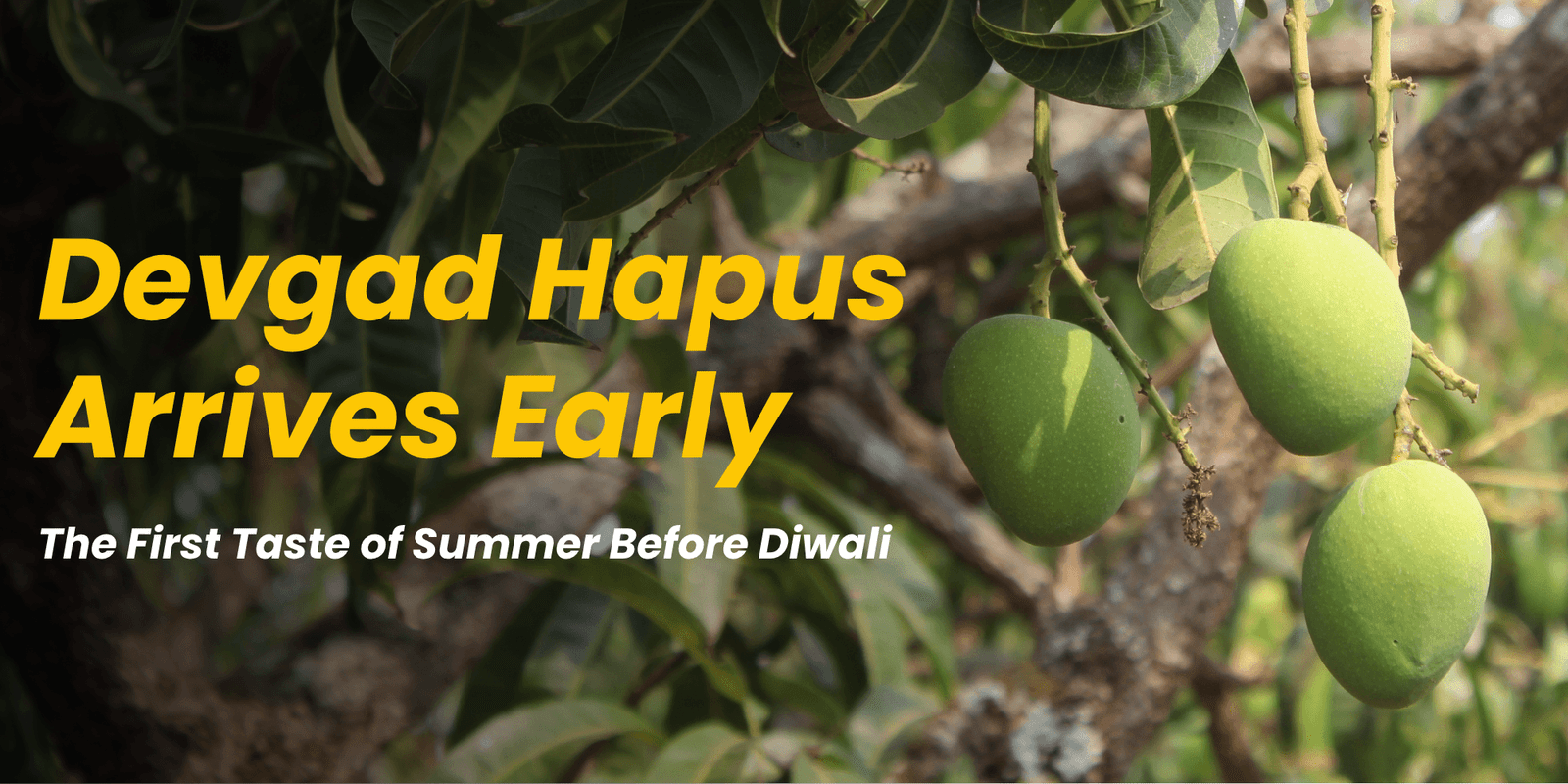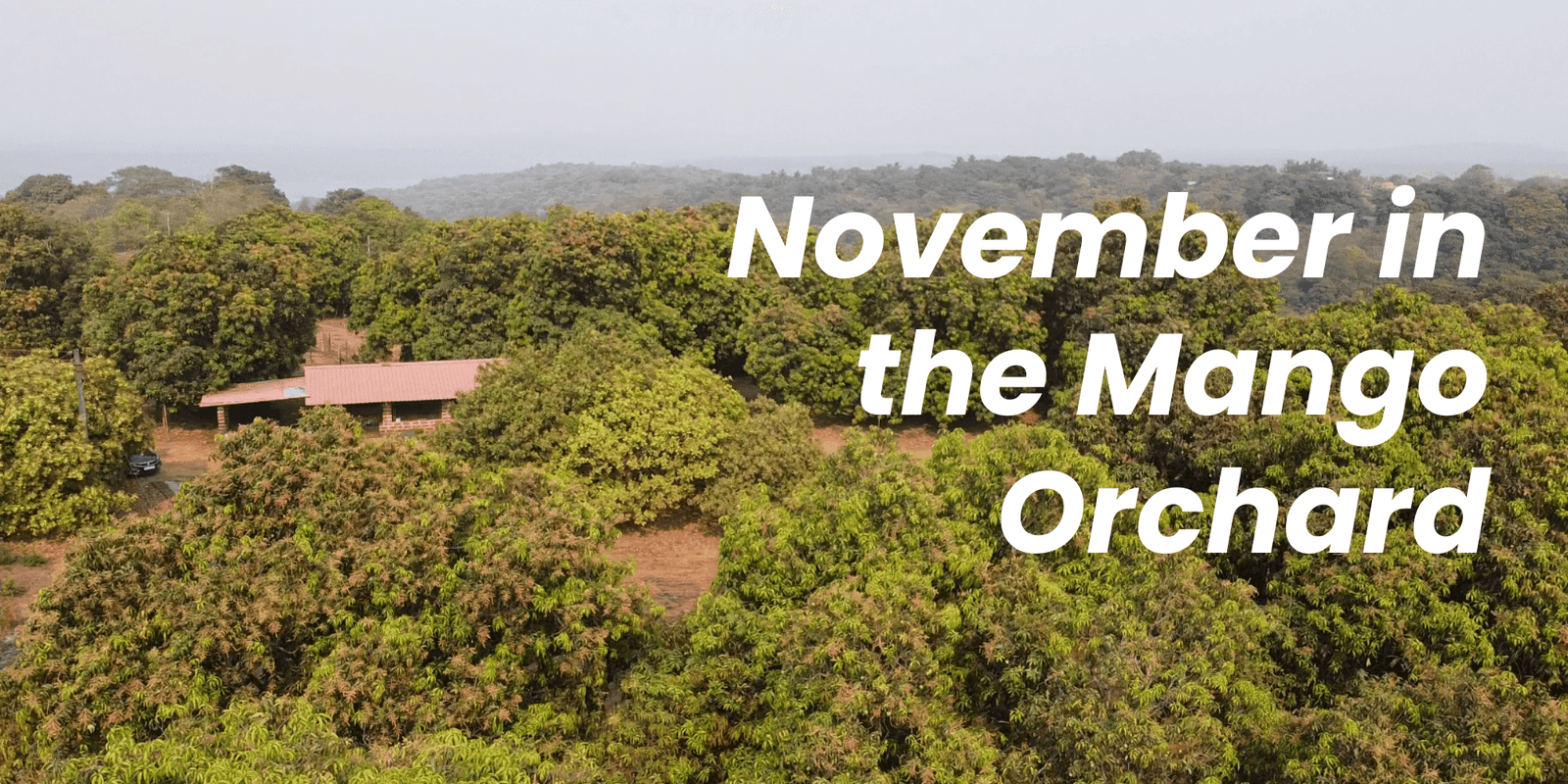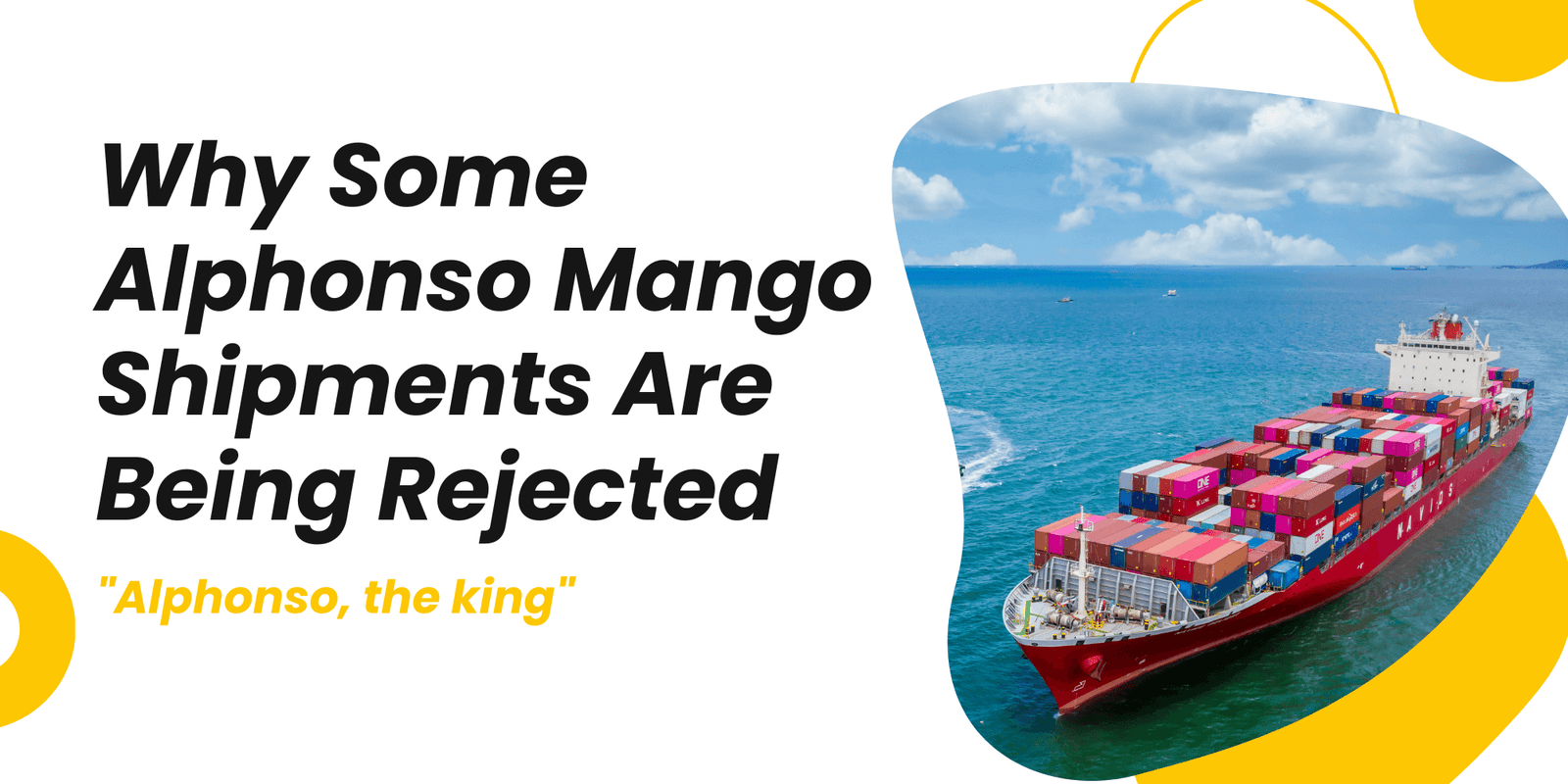GI Tag Dispute Around the Hapus Variety: Why Origin and Authenticity Matter

The Alphonso mango, locally called Hapus, holds a special place in India’s agricultural heritage. However, in recent seasons, a growing dispute over the Geographical Indication (GI) tag for “Hapus” has raised serious questions about origin, labeling, and authenticity.
This debate matters not only to farmers, but also to consumers and exporters who rely on trust and transparency when buying Alphonso mangoes.
What Is a GI Tag and Why Is It Important?
A Geographical Indication (GI) tag protects products that come from a specific region and owe their quality to that location. In agriculture, GI tags help farmers protect their reputation and earn fair prices.
In 2018, India granted the GI tag for Alphonso mangoes to Ratnagiri and Devgad in Maharashtra through the Geographical Indications Registry of India.
As a result, only mangoes grown in these regions can legally be sold as Ratnagiri Alphonso or Devgad Alphonso.
This decision recognized that the true Alphonso mango gets its taste, aroma, and texture from:
- Konkan’s lateritic red soil
- Coastal humidity and sea breeze
- Traditional farming and natural ripening
What Is the Current “Hapus” GI Dispute?
Recently, growers from regions outside the Konkan belt have requested permission to use the name “Hapus” for their mangoes. They argue that similar Alphonso-type mangoes grow in their areas.
However, Konkan farmers strongly oppose this move. They clearly state that similar does not mean identical. According to them, mangoes grown outside Ratnagiri and Devgad lack the same flavor depth, aroma, and consistency.
Therefore, expanding the use of the “Hapus” name could weaken the meaning of the GI tag and confuse buyers.
Why Konkan Farmers Are Worried
For Ratnagiri and Devgad farmers, GI protection directly affects income and survival. Authentic Alphonso mangoes sell at a premium because buyers trust their origin.
If authorities allow wider use of the “Hapus” name, farmers fear:
- Mislabeling in markets and online stores
- Falling prices for genuine Alphonso mangoes
- Loss of export credibility
- Reduced motivation to follow traditional farming methods
As a result, many farmer groups have demanded stricter enforcement of GI rules.
How This Affects Consumers
For consumers, the dispute highlights a simple truth: not every mango sold as Alphonso is genuine.
Without clear origin labels, buyers may unknowingly purchase mangoes grown outside GI regions while paying premium prices. This problem affects:
- Online shoppers
- Export buyers
- Corporate gifting orders
Therefore, buyers should always check packaging details, origin mentions, and seller transparency before purchasing.
The Need for Better Enforcement and Awareness
Although the GI tag exists, enforcement remains uneven. Many sellers still misuse the Alphonso name because penalties are weak and awareness is low.
To solve this, experts suggest:
- Clear labeling of Ratnagiri or Devgad origin
- Mandatory GI references on packaging
- Digital traceability using QR codes
- Stronger checks in wholesale and export markets
Importantly, informed consumers play a key role in stopping misuse by choosing verified sellers.
Why This Issue Matters Beyond Alphonso Mangoes
The “Hapus” dispute reflects a larger issue in Indian agriculture. As Indian products gain global attention, origin-based branding becomes critical.
Strong GI protection:
- Rewards honest farmers
- Builds long-term buyer trust
- Supports sustainable agriculture
On the other hand, weak protection turns premium products into ordinary commodities.
What Buyers Should Do Now
Until authorities clarify the dispute, buyers should:
- Prefer sellers who clearly mention Ratnagiri or Devgad
- Look for GI references or traceability details
- Avoid vague terms like “Alphonso type” or “Hapus variety”
By doing so, buyers help protect both quality and farmer livelihoods.
Conclusion
The GI tag dispute around the “Hapus” mango shows why origin matters more than ever. Ratnagiri and Devgad Alphonso mangoes earned their reputation through geography, climate, and generations of farming knowledge.
Protecting this identity ensures fairness for farmers and confidence for consumers. In a global market, authenticity is not optional—it is essential.


